Putin’s War Tests Switzerland’s Neutrality
In the war against Ukraine, Switzerland has continued to profit from its close ties with Russia. But a sense of wrongdoing is slowly coming to life in the country.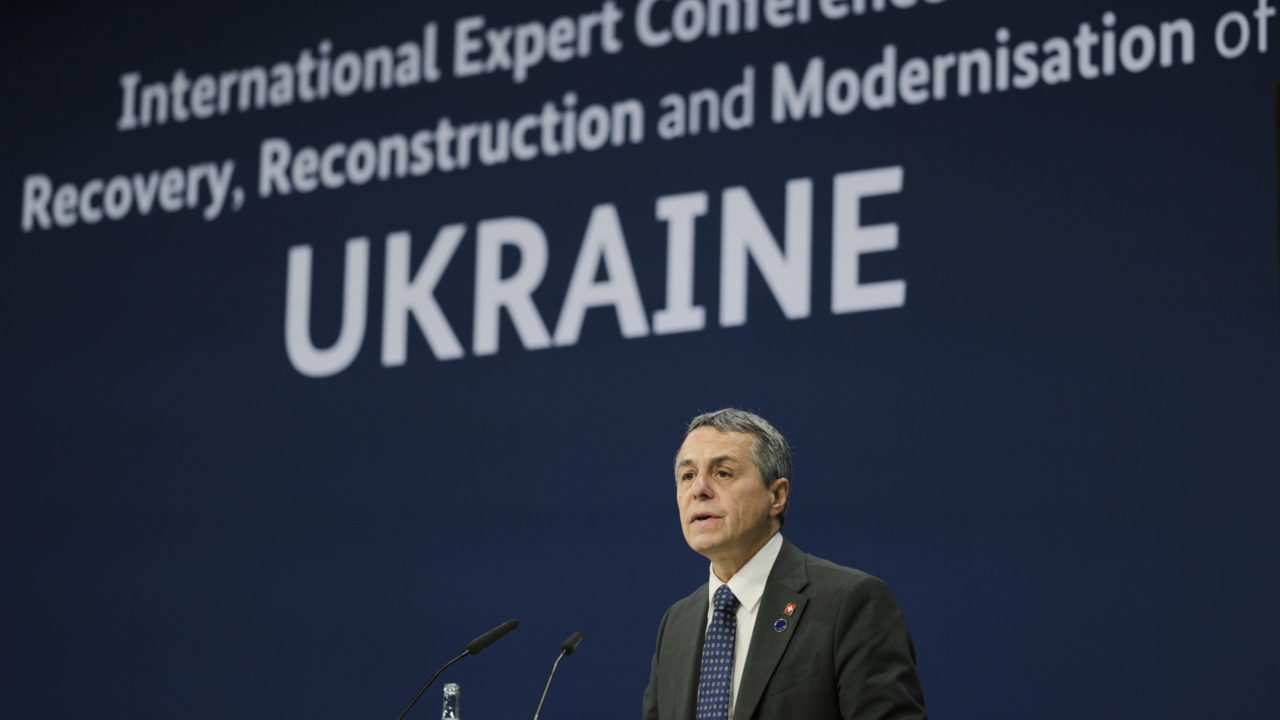 Swiss President Ignazio Cassis delivers his speech during the International Expert Conference on the Recovery, Reconstruction and Modernisation of Ukraine, in Berlin, Germany, Tuesday, Oct. 25, 2022. (AP Photo/Markus Schreiber)
Swiss President Ignazio Cassis delivers his speech during the International Expert Conference on the Recovery, Reconstruction and Modernisation of Ukraine, in Berlin, Germany, Tuesday, Oct. 25, 2022. (AP Photo/Markus Schreiber)
“I am Switzerland,” say the witty and sophisticated, if they want to express that they are neutral about a certain topic (or that they do not have an opinion about it). Switzerland, so it seems, is better known abroad for its neutrality than for its dairy products or yodeling.
But was Switzerland really ever neutral? And what does Swiss neutrality entail? Even though the Swiss constitution states that the government has to safeguard Switzerland’s neutrality, it does not define the nature of that neutrality in one word. Does taking sides count? And how neutral is financing a war party?
Russia’s wealth mainly stems from exporting coal, gas and oil. And Switzerland has enabled these exports like no other. According to the Swiss Embassy in Moscow, around 80% of Russia’s commodity trade is conducted through financial centers located along the Alps. There is no detailed database to back this number, but the Swiss Human Rights NGO Public Eye estimates that 50% to 60% of Russian crude oil and oil products are traded in Switzerland.
Oil giant Rosneft, one of the cornerstones of Vladimir Putin’s state capitalism, operated its trade business from Switzerland for many years. The Swiss “coal triangle,” including the cities Geneva in the French-speaking part of the country, Lugano in the Italian-speaking part and Zug in the German-speaking part, is where 75% of Russian coal exports are traded. Switzerland is also one of the most important trading sites for grains from both Russia and Ukraine.
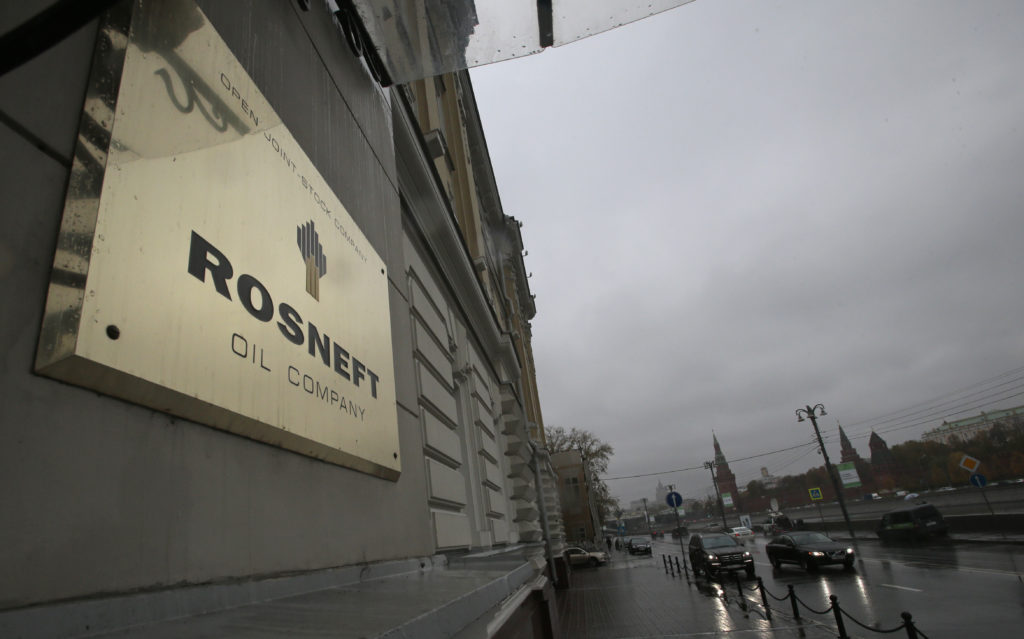
Most of these commodities are bought and sold without ever touching Swiss ground. The trading offices have set up shop here because they encountered a favorable tax situation, a very discreet banking system interested in financing the transactions and a battalion of lawyers and tax experts ready to stretch the statutory framework to the needs of their customers. And neutrality, of course, enabling deals that would not be possible to execute elsewhere.
Switzerland has an inglorious history of trading companies thriving in times of conflict. It was here where Marc Rich found a new place to operate his trading business, after he had fled the U.S. where he was wanted by the FBI for tax evasion and exporting oil from the sanctioned state of Iran (through a Swiss company). It was Switzerland, where he continued to do his “most important and most profitable” business by breaking international embargoes and doing business with apartheid South Africa.
Switzerland’s oldest trading houses go back to the 19th century. They were established shortly after neutrality was imposed on the country at the congress of Vienna in 1815. Switzerland was forced by its neighbor states to perpetual neutrality, and ever since Switzerland has not engaged in any foreign wars. Neutrality was a safety guard for the small country tucked in between the mighty kingdom of France and the powerful German confederation. And — as it turns out — it’s been a lucrative safety guard. Being neutral meant that Switzerland could do business with just about anyone.
In the early 1990s, after the fall of the Soviet Union, Russia’s state-owned companies were distributed among a few handful of cunning businessmen. The Kremlin had always made sure that these men, later known as oligarchs, would not become a danger to the political rule. While the oligarchs were quick to make their business global, the Kremlin held them close. The commodity deals signed in offices in Switzerland are what laid the base for Russia’s wealth today.
The commodity deals signed in offices in Switzerland are what laid the base for Russia’s wealth today.
After Russia invaded Ukraine in a full-blown military operation on Feb. 24, 2022, Vladimir Putin summoned the oligarchs to an eerie meeting in the Kremlin that very same evening. The topics of discussion were not shared with the public. Putin was cited saying that “unfortunately,” the meeting was taking place in “unusual circumstances.” It is highly likely that Russia’s president has taken the occasion to demand total loyalty of the oligarchs to Russia and its war mongering government.
The circumstances were unusual indeed. The USA, Great Britain and the EU had immediately imposed sanctions on Russia after the attack on Ukraine. And to the surprise of many, Switzerland adopted the EU sanctions against the aggressor. The move was unprecedented: After the annexation of the Ukrainian Crimea peninsula by Russia in 2014, Switzerland had not adopted the sanctions imposed on Russia by its neighbor states.
In fact, in 2014, conservative members of parliament had rushed to urge the Swiss Federal Council not to impose any sanctions on the aggressor — stating that sanctions would have a negative impact on Swiss companies and banks. The country ended up merely restricting the export of military goods, which brought criticism by heads of EU member states and intellectuals alike.
Everything looked different eight years later. By March 2022, Switzerland had closed its airspace to Russian aircraft and sanctioned 870 people and more than 60 companies. The country, ruled by a conservative majority, had always followed an uncompromising immigration policy, now it welcomed Ukrainian refugees, giving them a special protection status. Russia’s war against Ukraine had changed something in Switzerland — or so it seemed.
The manpower Switzerland invested to dig up Russian assets in the country was weak to say the least. While the U.S. and the EU set up a special investigation team to uncover assets by sanctioned Russians, Switzerland did not.
Transit trade was exempt from the Swiss sanctions and continued to flourish. A risk manager working in the compliance department of a large trading company located in Switzerland was cited in an article by Public Eye to have had an increased workload after the invasion of Ukraine. He did not hesitate to admit the reason behind it: “In such times, traders can also make the biggest profit.”
Oil was still flowing out of Russia in large quantities, even though the U.S. and the EU had cut their purchases of Russian crude oil by half compared to March 2021. But the Kremlin had made sure to rapidly reroute the oil flows. Turkey, for example, increased its imports of oil loaded in Black Sea ports by 240% in the same time frame.
Russian ports in the Baltic Sea started to be used for oil exports to South Asia instead of Europe. China and India bought more and more Russian oil and coal. The gas trade continued almost normally, as this particular commodity was not sanctioned by European countries. In any case, Swiss-based trading houses happily continued to fulfill their role as logistics providers.
The manpower Switzerland invested to dig up Russian assets in the country was weak to say the least. While the U.S. and the EU set up a special investigation team to uncover assets by sanctioned Russians, Switzerland did not. And with enforcing the sanctions a couple of days after the neighboring states, the targeted billionaires had time to quickly divest their capital.
Andrey Melnichenko, a resident of the exclusive alpine resort St. Moritz, resigned and his wife Aleksandra became the beneficiary of the trust that owns the Siberian Energy and Coal Company (SUEK) and as the owner of the fertilizer manufacturer Eurochem on March 8, one day before the sanctions against him were imposed. SUEK is Russia’s leading coal producer, Eurochem is among the top five fertilizer producers in the world.
According to a count conducted by Public Eye, 240 companies in Switzerland trade in coal, coke or solid fossil fuels, transport them or offer related financial services. And a considerable number of these companies are owned by oligarchs or other rich businessmen from Russia.
The maneuver was considered legal by the Swiss State Secretariat of Economic Affairs (SECO). A couple of weeks after the transfer, on June 3, 2022, Aleksandra. Melnichenko was placed on the EU sanctions list as well. On June 10, the Swiss Federal Council also adopted this latest sanctions package. SUEK had by then transferred its commercial operations to Dubai.
SECO does not have an official count of the number of Russian-controlled trading companies based in Switzerland. Officials said they estimated the number of such companies in Switzerland at 14. According to a count conducted by Public Eye, 240 companies in Switzerland trade in coal, coke or solid fossil fuels, transport them or offer related financial services. And a considerable number of these companies are owned by oligarchs or other rich businessmen from Russia. The exact number is hard to estimate, since the Swiss Commercial Register does not contain any information on beneficial ownership
On the other hand, it is well known that Russian oligarchs were welcomed warmly in Switzerland since the fall of the Berlin Wall, when they came looking for a place to stash away the money they made off commodity trade, the fertilizer industry or the mining of precious metals. What worked so well for the trading companies, also worked well for themselves: discretion with regard to illicit financial flows, banking secrecy, a stable political system.
Sven Küchler, a bank clerk who had been working at the Russian desks of several different banks in Switzerland, recalls a time of frenzy in the early 1990s: “Due diligence hardly existed. Client advisors would meet wealthy customers for lunch in Moscow and report back to the bank that they did something with oil, made a good impression and had about 100 million to stash away. That was all it took to open an account.”
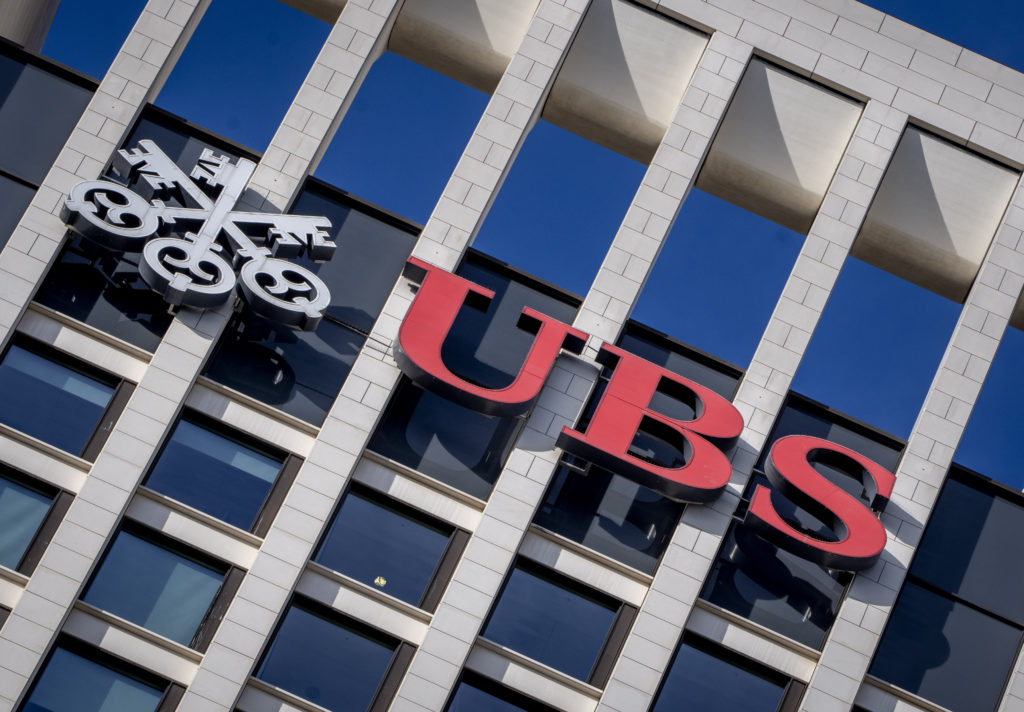
One bank had a bulletin board up on the wall, where the client advisors would write up the assets they had under management, Küchler recalls. “Everyone was hot for new Russian customers with lots of money. Whenever a client advisor would score a new account, champagne bottles were popped and eulogies were given.” The clients themselves were similarly eager. “They kept pestering us for credit cards with higher limits. Only the black Amex was good enough for these clients.”
The invitation-only credit card offers, among other perks, a concierge service and personal shoppers. This would not even have been necessary, as the client advisors from the Swiss banks already did the same: They were available for their clients 24/7 to back the credit cards with more money, cancel a $20 charge that the oligarchs did not accept or try to get their kids into alpine boarding schools.
What Might We Do?- There are far too many loopholes that allow the hiding of assets for corrupt politicians and dictators of belligerent countries. In Switzerland, financial market supervision is weak and the regulatory framework is underutilized and there’s a lack of supervision of illicit financial flows originating from commodity trade or transit trade. If you can, support local or international networks that stand up against these forms of injustice:
- NGOs Bank Track and the Business and Human Rights Resource Centre work to shed light on the questionable dealings of the financial sector.
- Transparency International is a global network with the goal of ending corruption; the Tax Justice Network explores policies and loopholes that allow wealthy people to hide their assets.
- The Swiss NGO Public Eye investigates how Swiss companies contribute to corruption and human rights abuses worldwide. It promotes the establishment of a regulatory authority for commodity trade in Switzerland.
Most of the bank clerks had no idea how close their clients were to the Russian horror empire. According to Küchler, one of his banks’ clients once got a call from Putin when he was in a taxi to the airport. Putin had asked him where he went and why. The client was a minister in Putin’s cabinet.
The Russians became known throughout the country for celebrating famously lavish parties in luxury locations. In upscale Swiss health and wellness resorts, signposts in Cyrillic letters are not an uncommon sight. In early January 2023, at a luxury spa hotel in the Alpine foothills, half of the customers spoke Russian. They are regulars and they come to celebrate the orthodox Christmas with their families. Russian-speaking personnel ushered them to their usual seats in the restaurant.
Hans Tännler, member of the governing council of the Kanton of Zug, said in a TV interview that it was not his job to deal with the sanctions lists. He said that the sanctions were “simply there now.”
Obviously not all Russian entrepreneurs in Switzerland have been sanctioned. Not all of them have close ties to the Kremlin, some of them might even be active in the opposition. Who knows? In fact, how much money Russian people have in Swiss bank accounts is largely unknown. What is known is that after the international sanctions against Russia in 2014, there was an uptick of over 13% in Russian deposits in Swiss banks, as figures from the Bank of International Settlements show.
In March 2022, the Swiss bankers association stated that the assets are worth up to $214 billion. But this might be an underestimation, since many of the Russian oligarchs hold multiple passports. In March 2022, SECO stated that it had frozen $6 billion of Russian assets. This would mean that more than $200 billion were still free-flowing in spring of last year, and probably have found other places to hide in the meantime.
Granted, freezing assets is not easy. Not only because it is not always clear if a person is in fact a Russian oligarch, but also because to hide assets, wealthy people use a whole range of tricks. They use frontmen and erect complex corporate constructs via shell companies registered in tax havens, they use trusts and foundations to hide assets. These techniques are encouraged by an eager group of Swiss lawyers and even politicians, which undoubtedly have helped oligarchs to escape sanctions.
Hans Tännler, member of the governing council of the Kanton of Zug, said in a TV interview that it was not his job to deal with the sanctions lists. He said that the sanctions were “simply there now.” When the journalist informed him that it was indeed his job to collect information and report assets, the politician theatrically called — or pretended to call — a colleague, to ask if such information ever reached them. Tännler was later reported to have personally facilitated financing for fertilizer giant Eurochem — and that he had lobbied against sanctions with the federal government.
Perhaps Tännler is just old school. On Aug. 29, 2022, the import, sale and provision of financial services, such as brokerage related to Russian coal was finally banned in Switzerland and Europe. In November 2022, the assets frozen by SECO reached $7.5 billion.
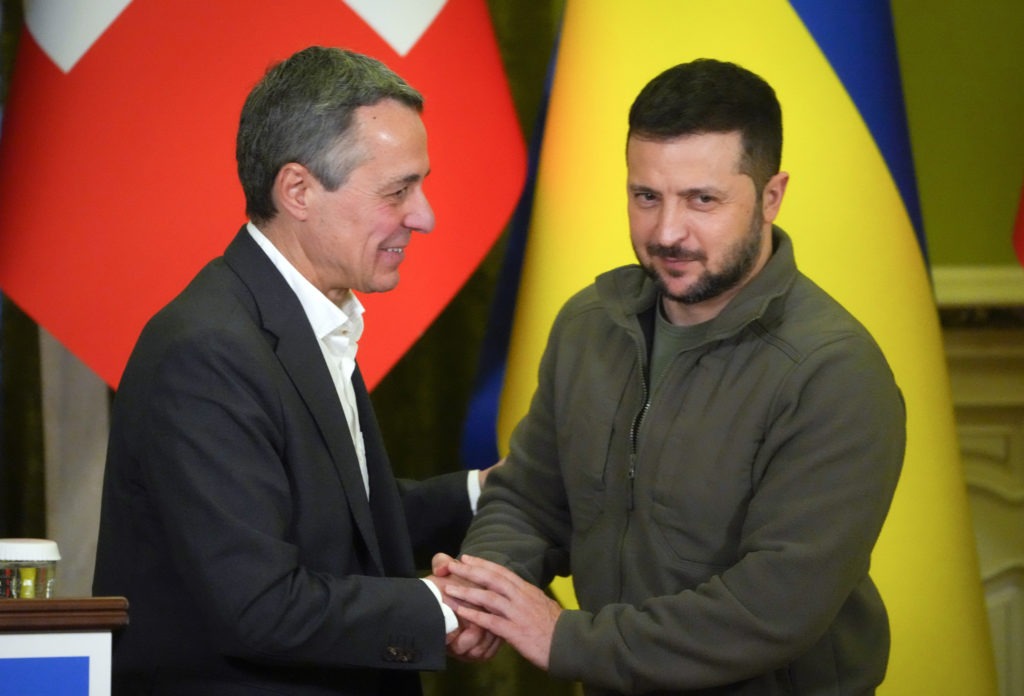
Also in November 2022, Switzerland adopted EU sanctions that included the prohibition of transport, brokering and financing of crude oil and petroleum products originating from Russia. The sanctions package also included a price cap related to the maritime transport of such products to third countries, which makes transit trade still possible — but way less lucrative for the Swiss trading companies.
In December 2022, almost 10 months after the invasion of Russia in Ukraine, one of the chambers of the Swiss Federal Parliament agreed to the creation of a task force for the freezing of Russian oligarchs’ funds — against the recommendation of the Federal Council.
The grueling war in Ukraine seems to be shifting, albeit very slowly, as has the Swiss perception of their own neutrality. In fact, the people in Switzerland have long lost their trust in the concept. If you ask Swiss people what comes to their mind when they think of the Swiss, neutrality is not the first thing that will occur to them. A survey conducted by a Swiss market research company showed that less than half of the people living in Switzerland think that Switzerland is a neutral country.
Now it is the time for the Swiss government to re-think neutrality.
A correction was made on Jan. 24, 2023: An earlier version of this story mischaracterized Andrey Melnichenkov and his wife’s relationship to the trust that owns the Siberian Energy and Coal Company (SUEK) and Eurochem.
Your support matters…Independent journalism is under threat and overshadowed by heavily funded mainstream media.
You can help level the playing field. Become a member.
Your tax-deductible contribution keeps us digging beneath the headlines to give you thought-provoking, investigative reporting and analysis that unearths what's really happening- without compromise.
Give today to support our courageous, independent journalists.


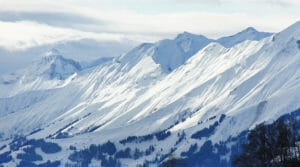

You need to be a supporter to comment.
There are currently no responses to this article.
Be the first to respond.